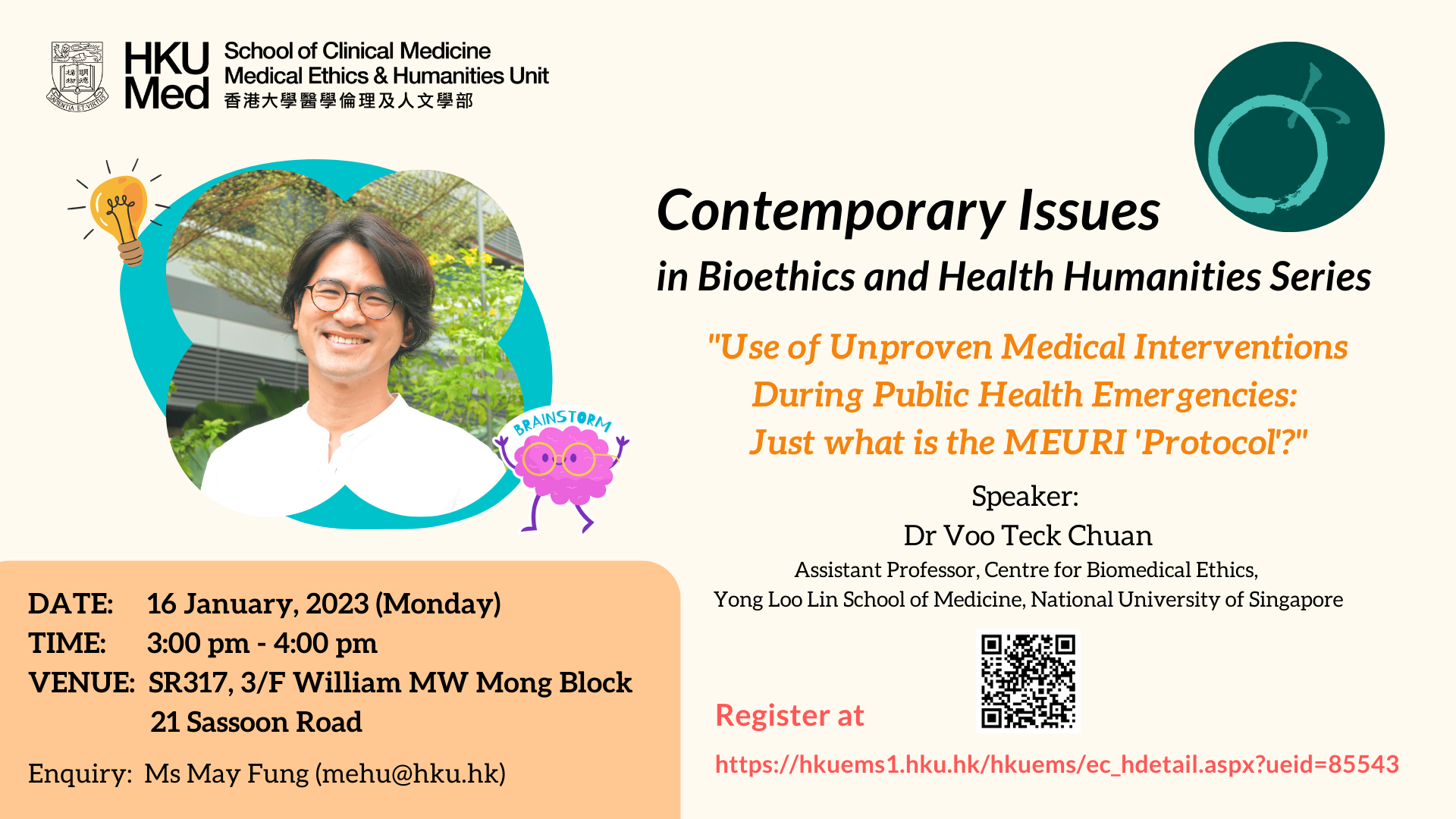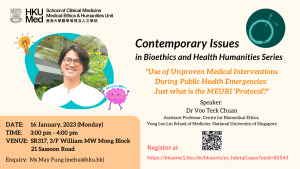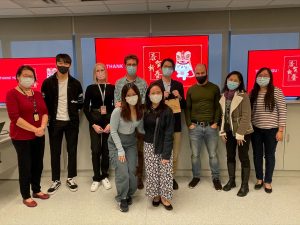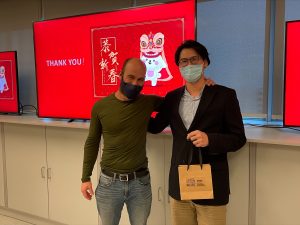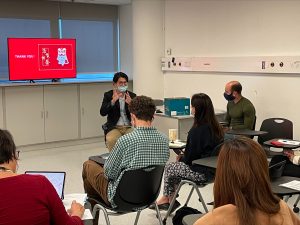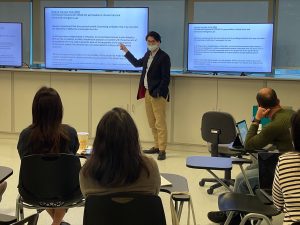Registration Link: https://hkuems1.hku.hk/hkuems/ec_hdetail.aspx?ueid=85543
Title: “Use of Unproven Medical Interventions During Public Health Emergencies: Just what is the MEURI ‘Protocol’?”
Speaker:
Dr Voo Teck Chuan
Assistant Professor, Centre for Biomedical Ethics, Yong Loo Lin School of Medicine, National University of Singapore (NUS)
Abstract:
Infectious disease outbreaks involving a novel pathogen are often characterized by lack of known medical interventions. To limit death and human suffering, clinicians and health systems may decide to use unproven interventions to treat patients or prevent infection and spread through non-research pathways. Use of unproven treatments or prophylaxes outside of research during a public health emergency is ethically controversial as it may cause more harm than good and may hinder the initiation or successful completion of clinical trials to generate evidence on the safety and effectiveness of these interventions. The World Health Organization developed the MEURI (monitored emergency use of unregistered and experimental interventions) protocol during 2014-2016 West African Ebola epidemic which sets out criteria for the ethical provision of unproven interventions outside of a research context. MEURI has been criticized as complex and confusing to apply, and one can ask why the known process of observational research should not be conducted instead to achieve the aims of MEURI. I argue that MEURI should be understood as an ethical framework and not a protocol. Using cases from the COVID-19 pandemic, I seek to show the utility of MEURI in assessing ethical and unethical uses of unproven interventions.
About the Speaker:
Dr Voo Teck Chuan is Assistant Professor at the Centre for Biomedical Ethics, Yong Loo Lin School of Medicine, National University of Singapore (NUS). He studied Philosophy in NUS and did his PhD in Bioethics and Medical Jurisprudence at the University of Manchester. He works on ethical issues in health care and policy and has written more than 50 peer-reviewed journal articles and book chapters and has co-edited two books. In the area of epidemic response, he has published on the ethics of immunity certificates, COVID-19 human challenge studies, family presence for patients in medical isolation and provision of unproven interventions outside of research. He is currently working on the ethics of infodemics.
Dr Voo is committed to service to the field of bioethics and its practices. He sits on various ethics committees in Singapore, including the Singapore Bioethics Advisory Committee and the National Medical Ethics Committee. He is an editorial board member of the journals Asian Bioethics Review and Public Health Ethics, and the Springer Nature book series “Philosophy and Medicine” and “Public Health and Health Policy Ethics”. He is also on the Board of Directors of the International Association of Bioethics. He has served the World Health Organization (WHO) in various capacities in the development of clinical guidelines and ethics guidance relating to infectious disease public health emergencies. He is a member of the WHO COVID-19 Ethics and Governance Working Group.
Further details of Dr Voo, please go to https://medicine.nus.edu.sg/cbme/people_uri/voo-teck-chuan/.
Enquiry: Please contact Ms. May Fung (mehu@hku.hk).

